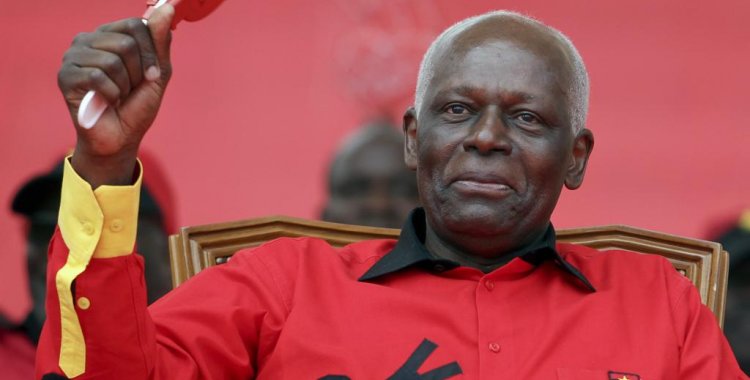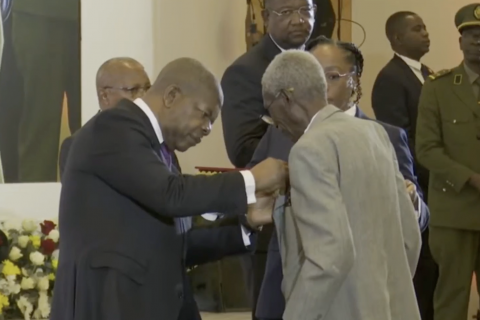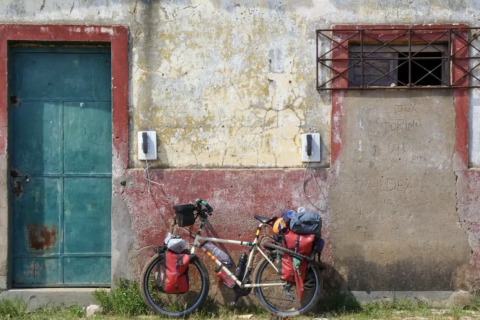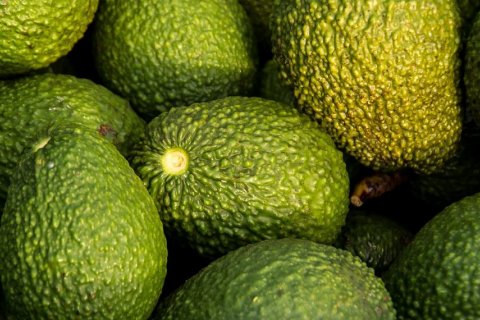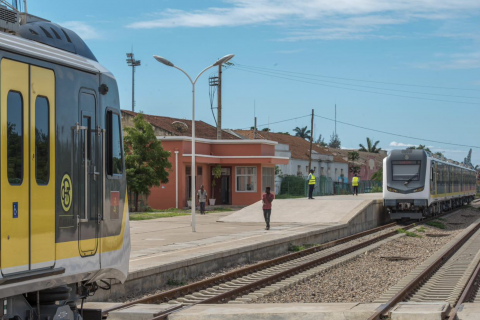The Africa program director at Chatham House, Alex Vines, considers that divisions within the Popular Movement for the Liberation of Angola (MPLA) "continue to heal", but believes that there will be no effect on the result.
"The MPLA tends to unite when it seeks to maintain power. There is consensus on this," he stressed.
The same opinion is expressed by economist Jonuel Gonçalves who says he believes that if the funeral of the former head of state is finally held, "the MPLA tends to take advantage of the ceremonies".
"I remain convinced that if there is a funeral before the elections, the MPLA will take advantage of it. Anyway," he said.
"Now, if there is no [funeral]... so far everything is quiet, but I'm almost certain that, at the last minute, UNITA will raise again the problem of divisions and the relationship within the MPLA and ends up try to attract MPLA voters and will talk about the case of José Eduardo dos Santos. Will talk about the '27 de Maio case' and will talk about José Eduardo dos Santos", he added.
Jonuel Gonçalves shares the same view as Alex Vines, that if UNITA tries to exploit the divisions that the death of the ex-President showed in the ruling party, "the MPLA will be stronger".
"The more strength UNITA has, the more it unifies the MPLA", summarizes the economist, considering that there are sectors of the population, and of MPLA cadres, who have the feeling that José Eduardo dos Santos was mistreated more than he should have been".
"There was a certain exaggeration, and I noticed this even in cadres. I mean, it's not just in the general population. This was noticed among cadres and these people were not very satisfied with this story, but the stronger the opposition, the less this problem will count within the MPLA", he reinforced.
If José Eduardo dos Santos, the most present absentee in the electoral campaign underway in Angola, is used as a campaign theme, it is a sign of lack of common sense, defended Eugénio Costa Almeida, researcher at the Center for International Studies at ISCTE-IUL (CEI-IUL).
"I believe that they all ended up having common sense not to bring it up until now. But if it is, I believe it would have advantages for one and disadvantages for the other. Advantages perhaps for UNITA, while the MPLA, if it were to use the name taking some antibodies and many foreign antibodies from José Eduardo dos Santos could still have a negative effect", he said.
"I was of the opinion at the time that I was going to be the most present absentee of the campaign. I was wrong, at least so far. And I assume that mistake because, in my opinion, both had good sense not to use a figure like the former President ", he added.
Analyst Herlânder Napoleão recalls that right at the beginning of the electoral campaign, the successor of José Eduardo dos Santos and leader of the MPLA, João Lourenço, in one of the rallies he held, said that the MPLA "wanted to dedicate the victory to the ex-President and that sounded like a bit of a big contradiction".
Herlânder Napoleão revisits history and reports that João Lourenço at an MPLA congress "with all vehemence said that it was necessary to fight the corrupt, even if it meant fighting great pillars", which he later classified as "marimbondos".
The developments of the judicial investigations opened to the former president's children are known, especially Isabel dos Santos and José Filomeno dos Santos, shortly after João Lourenço took power.
For Herlânder Napoleão, with the rise of João Lourenço to power, the fight against corruption in Angola "used selective methods".
More than 14 million Angolans, including those residing abroad, are eligible to vote on 24 August, in what will be the fifth election in Angola's history.
The 220 members of the Angolan National Assembly are elected by two methods: 130 members are proportionally elected by the so-called national constituency, and the remaining 90 seats are reserved for each of the country's 18 provinces, using the d'Hondt method and in which each one elects five parliamentarians.
Since the 2010 Constitution came into force, presidential elections have not been held, with the President and Vice-President of Angola being the first two names on the list of the most voted party in the national circle.
In the previous election, in 2017, the Popular Movement for the Liberation of Angola (MPLA) won the majority with 61.07 percent of the votes and elected 150 deputies, and the National Union for the Total Independence of Angola (UNITA) won 26, 67 percent and 51 deputies.
This was followed by the Broad Convergence for the Salvation of Angola - Electoral Coalition (CASA-CE), with 9.44 percent and 16 deputies, the Social Renewal Party (PRS), with 1.35 percent and two deputies, and the National Front for the Liberation of Angola (FNLA), with 0.93 percent and one deputy.
The National Patriotic Alliance (APN) reached 0.51 percent, but did not elect any deputy.
In addition to these political formations, in the election on 24 August are also the Humanist Party (PH) and the Nationalist Justice Party in Angola (P-Njango).

